Monday 21 March 2022
This event has now ended. Please read a summary of the event here, written by Lisa Denney.
In the summary of the event Lisa argues that the TWP agenda has an opportunity to connect the individual, organisation, and systemic levels that are required for localisation to happen – ‘how issues of personal power and privilege, organisational practices and the development system all shape each other in interactive ways that require thinking and working politically to unpack and transform both how development is done, and what development is’. As such, TWP can remain as relevant as ever if it can serve as a lens to harness organisational change and truly empower local actors in driving their own development. Check it out now!
Please note: as the event took place under Chatham House Rules, there is no recording for this event.
Background reading:
- A. Baguios, M. King, A. Martins and R. Pinnington (2021) ‘Are we there yet? Localisation as the journey towards locally led practice,’ London: ODI: https://odi.org/en/publications/are-we-there-yet-localisation-as-the-journey-towards-locally-led-practice/.
- BOND (2021) ‘Catalysing Locally-Led Development in the UK Aid System,’ London: BOND and Calouste Gulbenkian Foundation
- P. Tawake, et al., (2021) ‘Decolonisation and Locally Led Development: Discussion Paper,’ Canberra, ACFID
- G. Teskey and P. Chattier (2022) ‘Localisation: what could it mean for contractors?’ Governance Working Paper Series, Canberra: Abt Associates
The Chair:
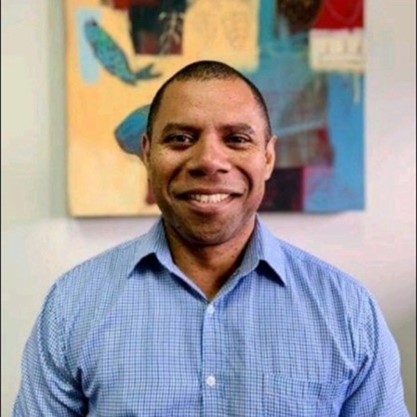
Peni Tawake, Partnership Broker and Independent consultant
Peni Tawake is an accredited partnership broker and international development consultant. Through his work with development programs over the last ten years, Peni has brokered and provided strategic advisory and communications support to locally led multilateral and bilateral partnerships and coalitions in Fiji, PNG, Samoa, Solomon Islands, Tonga and Vanuatu. His current consultancies include work with development programs, managing contractors, Australian NGOs and local organisations to broker and support regional and national level partnerships and apply development tools and approaches (PEA, TWP) to support development that is locally owned, driven and led.
The Speakers:
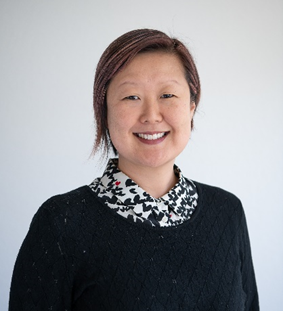
Joanne Choe, Head of Program Quality and Gender and Global Senior Principal Gender & Inclusion, Cardno International Development
Joanne Choe is the Head of Program Quality and Gender at Cardno International Development. Prior to joining Cardno, Jo managed development programs at AusAID then DFAT for fifteen years, including five years in Papua New Guinea and four years in Fiji. Jo was Director of DFAT’s Gender Equality Branch in Canberra before joining Cardno to manage its Pacific programs in 2018. In her current role, Jo supports all DFAT-funded programs managed by Cardno across the Asia-Pacific to enhance development effectiveness.
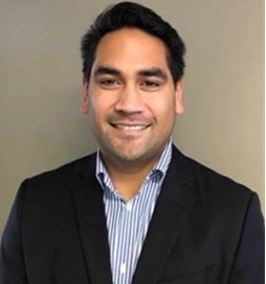
Joe Fuavao, Senior Adviser – Pacific Connections, New Zealand Ministry of Foreign Affairs and Trade
Joe is a Senior Adviser for the New Zealand Ministry of Foreign Affairs and Trade’s Pacific Connections Unit based in Auckland, a team that drives and deepens the MFAT’s engagement with Pacific stakeholders in Aotearoa New Zealand and facilitates connections into the Pacific region. Joe leads the team’s engagement with New Zealand businesses interested in or currently working in the Pacific, he also supports the team’s engagements with Pacific communities in Aotearoa New Zealand.
Joe hails from a mixed parentage of Tongan and Samoan heritage and was raised in the Pacific Islands and New Zealand. Joe has over twelve years’ experience in international trade and development with a focus on private sector development and trade facilitation in New Zealand and the Pacific Islands. He has previously worked as the Trade Development Manager at Pacific Trade Invest (New Zealand) where his role focused on identifying and connecting Pacific Island exporters to commercial opportunities in the New Zealand market.
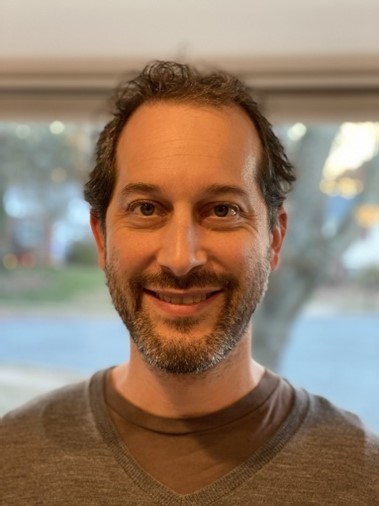
David Jacobstein, Democracy Specialist, Center for Democracy, Human Rights and Governance, USAID
David Jacobstein has been with USAID for 10 years. He serves as a Democracy Specialist in the Policy Coordination and Integration Division of the Democracy, Human Rights, and Governance Center, where he focuses on issues of capacity development, systems thinking, political economy, and cross-sectoral integration. Previously, he worked for Pact and the American Bar Association supporting civil society strengthening and rule of law programming across Africa, Europe, and Asia. He holds an MA from Johns Hopkins SAIS and a BA from Brown University.

Anna Mosley, Learning Lead for Oxfam Aotearoa’s Kōtui Programme
Anna has worked in Oxfam Aotearoa’s Partnerships Team for six years, moving from a portfolio manager role to one focused on monitoring, evaluation and learning for a programme that spans governance and women’s empowerment in the area of climate change. Before joining Oxfam, Anna worked with the New Zealand Ministry of Foreign Affairs and Trade, managing New Zealand’s aid to Timor-Leste for nine years, from Wellington and Dili. She has a deep curiosity about culture and language, and loves learning languages.
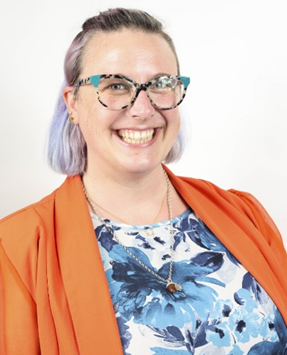
Elizabeth Wiltshire, Manager – Capability, Assurance & Performance, New Zealand Ministry of Foreign Affairs and Trade
Liz works within the Commercial Division at Manatū Aorere, the New Zealand Ministry of Foreign Affairs and Trade (MFAT). Her key interests are applying a social procurement lens across government procurement policies, simplification of procurement approaches to reduce barriers for marginalised suppliers, and prioritisation of genuine partnerships which acknowledge the expertise of indigenous stakeholders. Prior to working at MFAT, she spent 7 years in procurement at Ara Poutama Aotearoa, the New Zealand Department of Corrections where her work included partnership projects with local Māori iwi, as well as promoting inclusion and diversity with a focus on LGBTQIA+ and disability.
The Discussants:

Ese Emerhi, Global Network Weaver, Global Fund for Community Foundations
Ese is the Global Network Weaver for the Global Fund for Community Foundations (GFCF). In her role, she works with and helps to strengthen connections across GFCF’s global network of community philanthropy and civil society partners. She also works with allies in the #shiftthepower movement around shaping broader advocacy, influencing and engagement efforts involving other parts of the mainstream development sector.
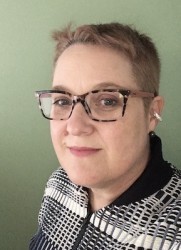
Sandra Kraushaar, Director, Pacific Islands, The Asia Foundation
Sandra Kraushaar is director for The Asia Foundation in the Pacific Islands. Sandra has previously served as Australian DFAT’s program and policy lead on Women, Peace, and Security agenda and multilateral gender work. Prior to this, she was a governance adviser with DFAT’s Governance and Fragility Branch, where she provided specialist guidance and training on political economy analysis, TWP and developmental leadership. She has also led DFAT’s Fragility and Conflict section. Sandra has a bachelor’s degree in Politics, Peace, and Human Geography from the University of New England and a master’s degree in Applied Anthropology and Participatory Development from The Australian National University.
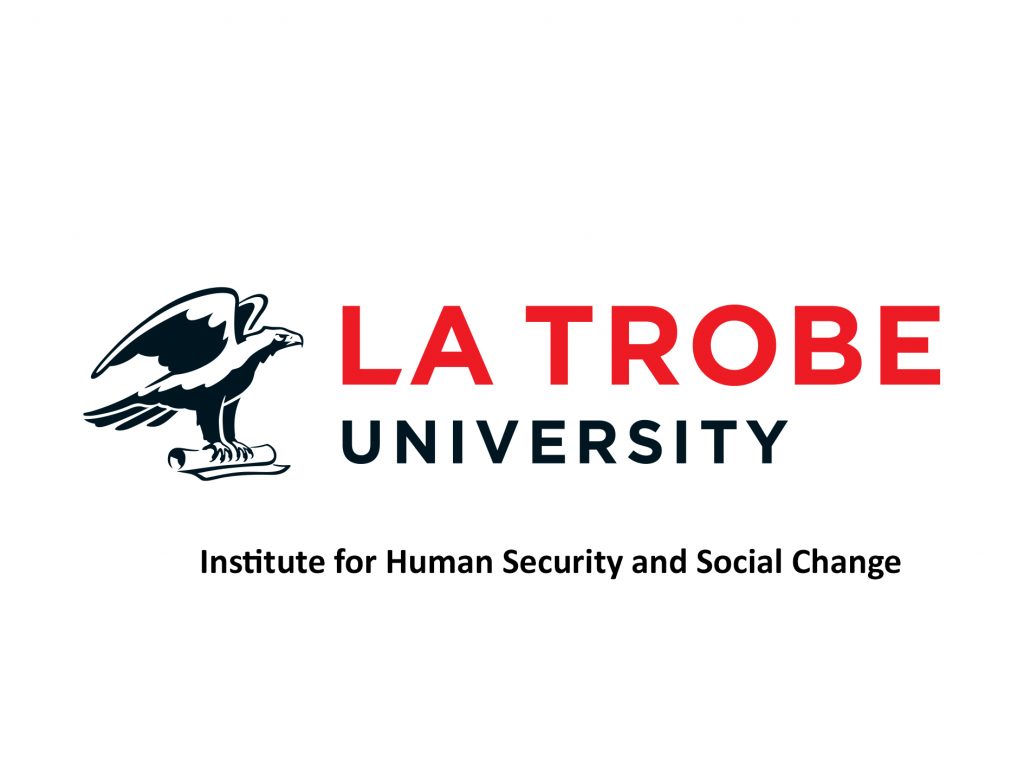
In collaboration with La Trobe University

